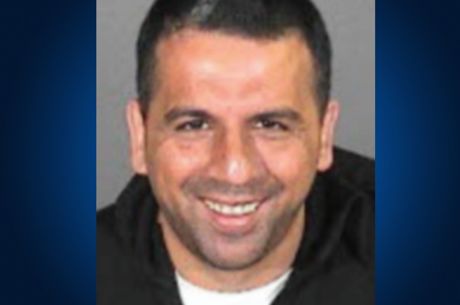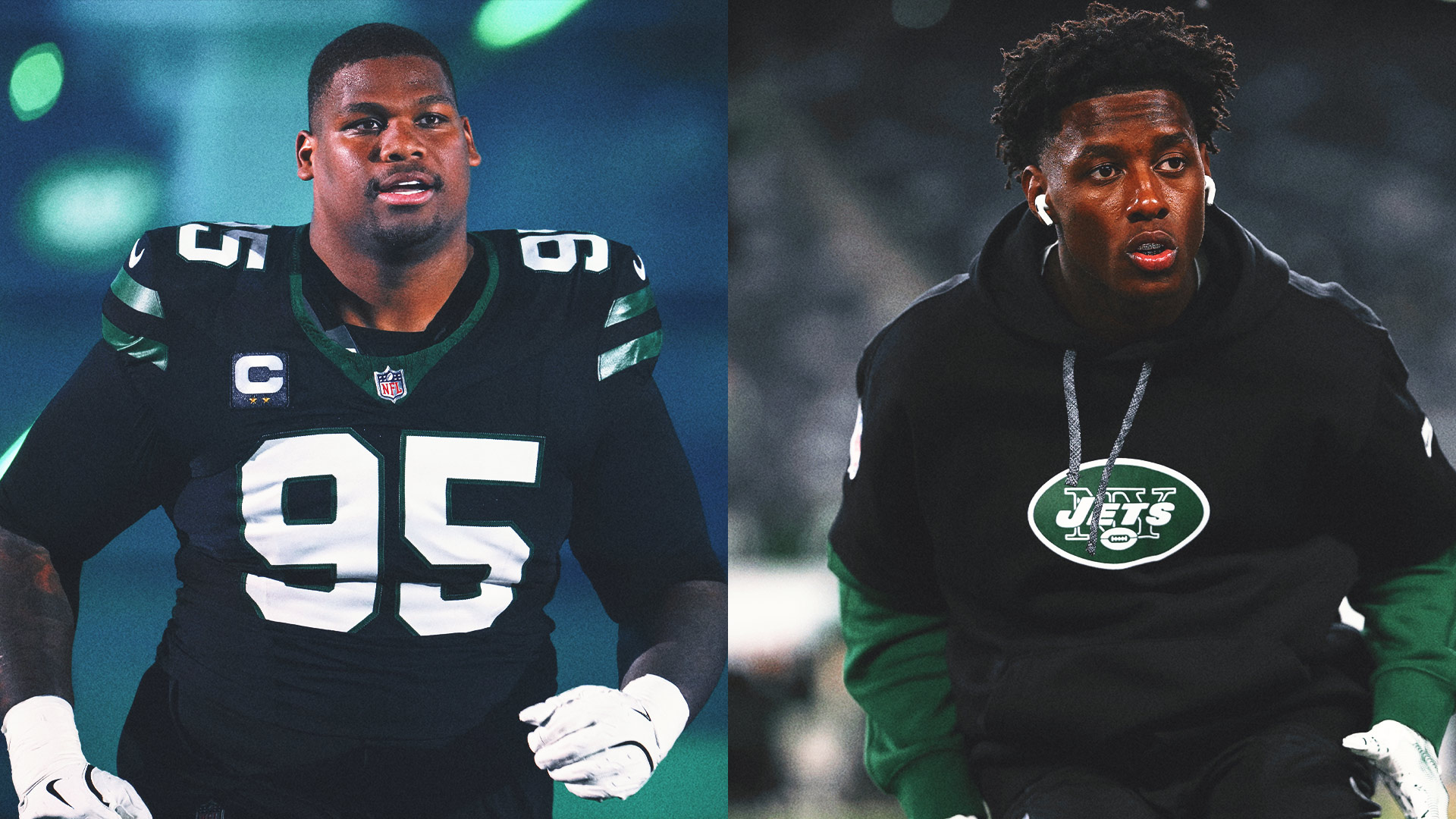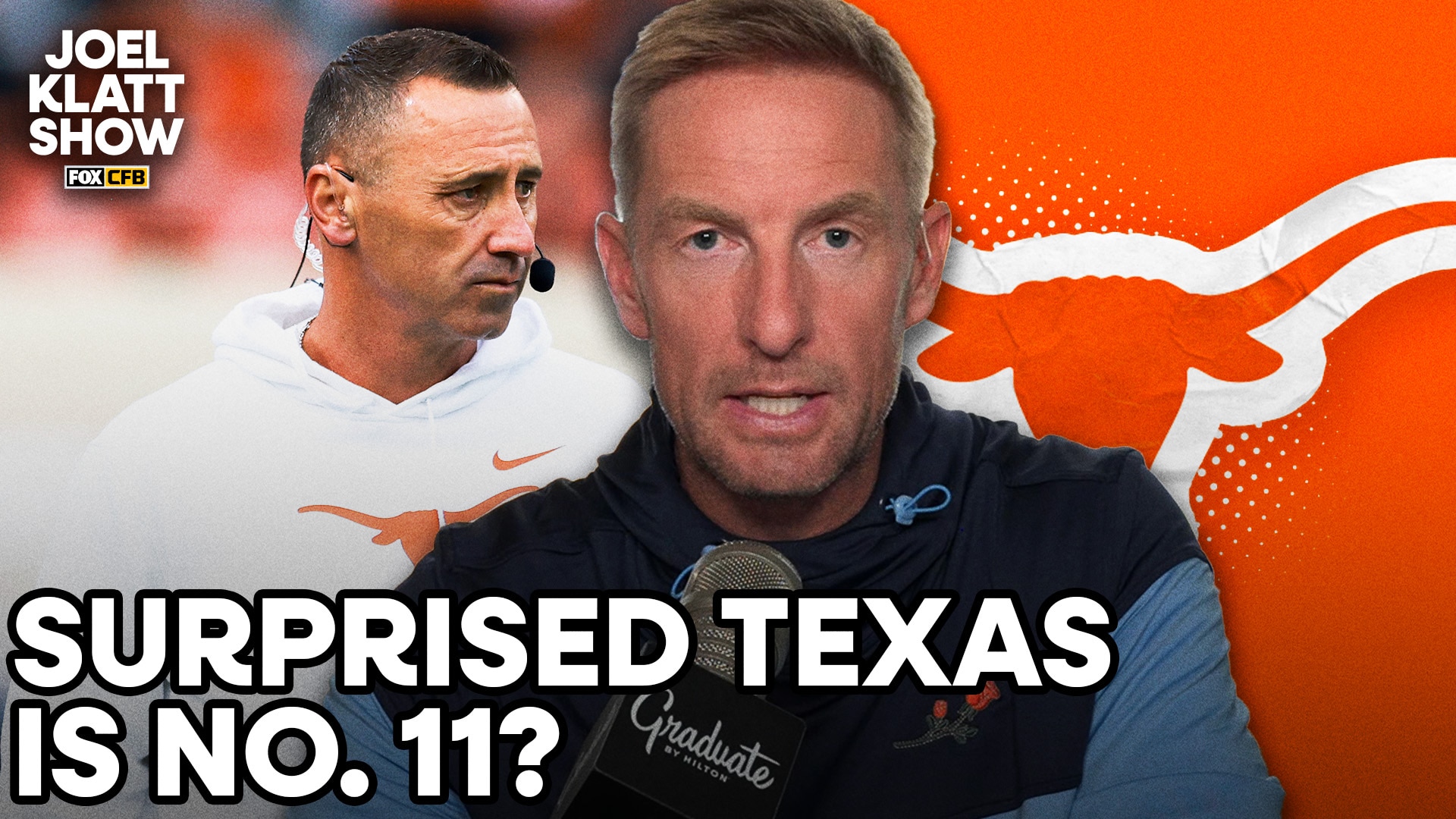A Florida circuit judge has tossed a lawsuit that tried to cancel the state’s gambling compact with the Seminole Tribe. The judge ruled that the group behind the challenge did not have the right to bring the case. This decision is another win for the 2021 agreement that made statewide online sports betting legal under the tribe’s control.
Judge Tosses Lawsuit Citing Lack of Standing
Judge Jonathan Sjostrom of Leon County Circuit Court handed down the decision on Friday. He found that Protect the Constitution LLC, the Delaware-based company that filed the lawsuit, did not show legal standing. The ruling said the organization did not give enough details about its members, their business operations, or how the compact affected them, reported CBS News.
Due to that omission, the judge stated the group failed to show it endured any specific damage from Florida’s sports betting structure. Still, the court gave Protect the Constitution until November 21 to change and submit its complaint again.
The lawsuit challenged a 2021 deal worked out between Governor Ron DeSantis and the Seminole Tribe of Florida, which state lawmakers later approved. The agreement allowed the tribe to accept mobile sports bets placed anywhere in Florida as long as servers on tribal land process the wagers. Those who back this setup claim it keeps betting activity within the limits of federal law that governs tribal gaming.
Judge Declines to Weigh In on 2018 Amendment as Seminole Sports Betting Deal Survives Another Challenge
The heart of the argument revolves around a change to the constitution made in 2018, which voters supported. This change gave Florida residents the power to approve new casino gambling through voting on proposals. Protect the Constitution argued that letting mobile sports betting happen without a vote across the state went against this change. The group insisted that sports betting is a form of casino gambling, so it needed voters to agree before it could be allowed.
The state’s legal team, with Attorney General James Uthmeier at the helm, fought back. They said the 2021 compact followed both state and federal law. Their argument: the Indian Gaming Regulatory Act lets states and tribes work out deals about gaming on tribal lands. The Seminole compact, they claimed, fit this bill. The state’s lawyers also talked up the deal’s financial perks. It promises Florida at least $2.5 billion in cash over the first five years.
Judge Sjostrom’s ruling did not touch on whether the 2018 amendment was constitutional. It also did not say if the compact lined up with it. Instead, the judge zoomed in on just one thing: the issue of standing. The case adds to a string of unsuccessful attempts to stop the Seminole Tribe from expanding into sports betting. Earlier challenges by pari-mutuel operators in state and federal courts have also been thrown out, keeping the 2021 compact in place and the tribe’s exclusive right to run online sports wagering in Florida.

 3 hours ago
20
3 hours ago
20














